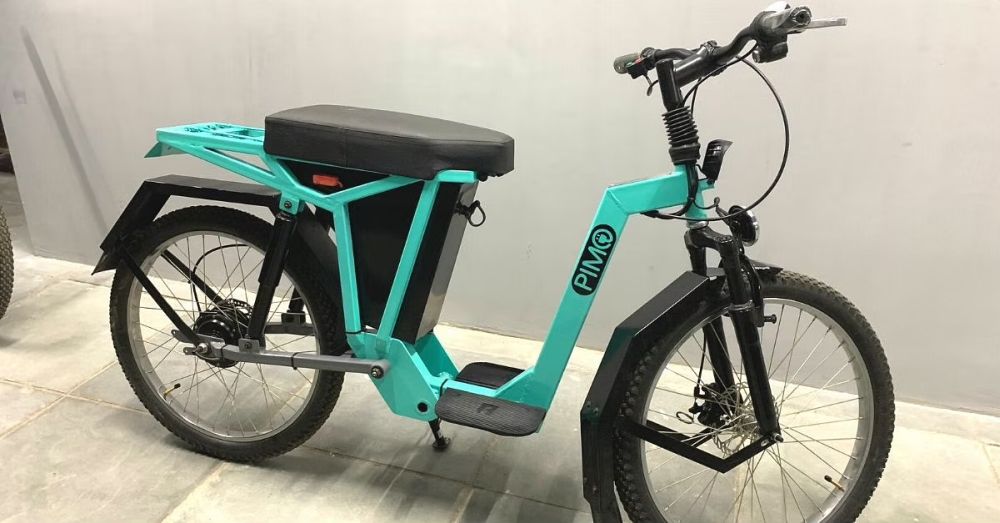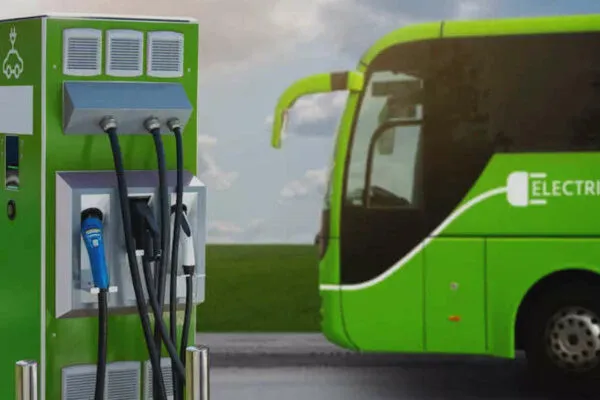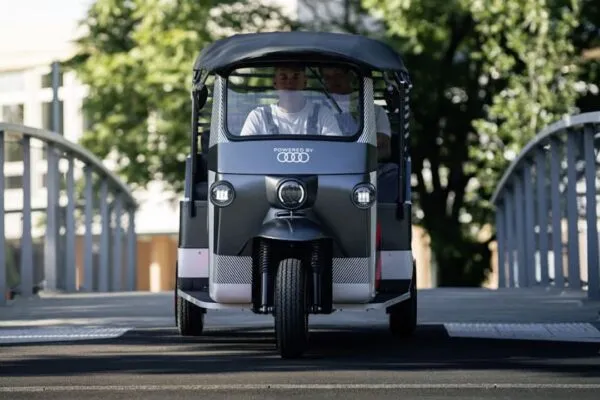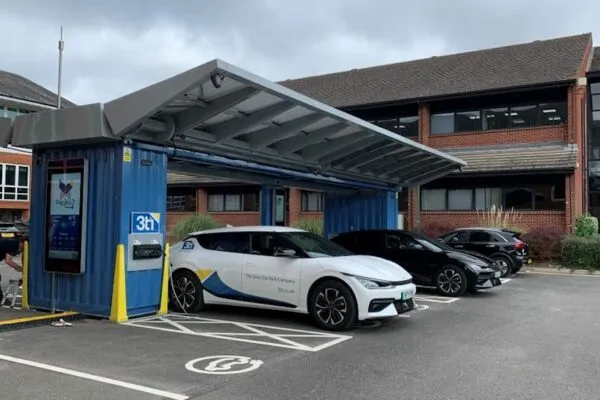Indian Start-Up Launches Sustainable Electric Two-Wheeler ‘PiMo’
Electric vehicles have gained rapid popularity amidst the changing climatic conditions. A quick shift towards this trend has been observed in the past couple of years. Recently IIT Madras-Incubated start-up Pi Beam Electric has launched a sustainable e-bike, called PiMo. The utility e-bike has been developed for personal and commercial use and doesn’t require a license or registration.
Visakh Sasikumar, founder and CEO of IIT-M incubated startup Pi Beam, said,
The e-bike is packed with features found on a moped, such as the electric horn, LED light, dual suspensions, disc brakes, long seat, and metal mudguards. By providing a maximum speed of 25 km per hour, the vehicle presents all the comforts of a two-wheeler at an affordable cost. This e-bike is suitable for people of all ages.
Talking about the innovative e-bike, he said that it covers 50 kilometres on a single charge and that charging its batteries is as easy as charging a mobile phone. He further added that the company has sold about 100 vehicles to customers across India so far.

Image: The Better India
According to Visakh, the bike was designed to make micro-mobility, such as making short trips within 5 to 10 kilometres, much easier. Suppose, you have to go grocery shopping two blocks away and you take out a car or a bike, then you burn a lot of fuel, but PiMo e-bike is designed to reduce pollution and those additional expenses.
Besides, these vehicles will be useful and affordable to food delivery businesses and low-income groups, and it costs half the price of fuel-driven two-wheelers.
G K Venkat, managing director at Centric Foods, and among those who bought the e-bike, said,
The e-bike is an efficient way to move around in one’s local area. The cost of fuel is increasing, and the vehicle seems like an economical option for India, and most suitable for the country’s roads. The e-bike is usually looked at as a luxury, but its low cost will ensure its availability across various segments such as food delivery, personal use, and for the elderly.
Visakh shared that after spending a year conceptualising the design, conducting testing, and overcoming many obstacles, the vehicle was ready. As it was a start-up, he had a little difficulty finding people to work on the prototypes but he finally succeeded.
The entrepreneur said that 90 percent of the vehicle is built from parts sourced in India, except the motor which was outsourced. The company is trying to expand its business and aims to sell 10,000 e-bikes in the current financial year.
Source: PiBeam


